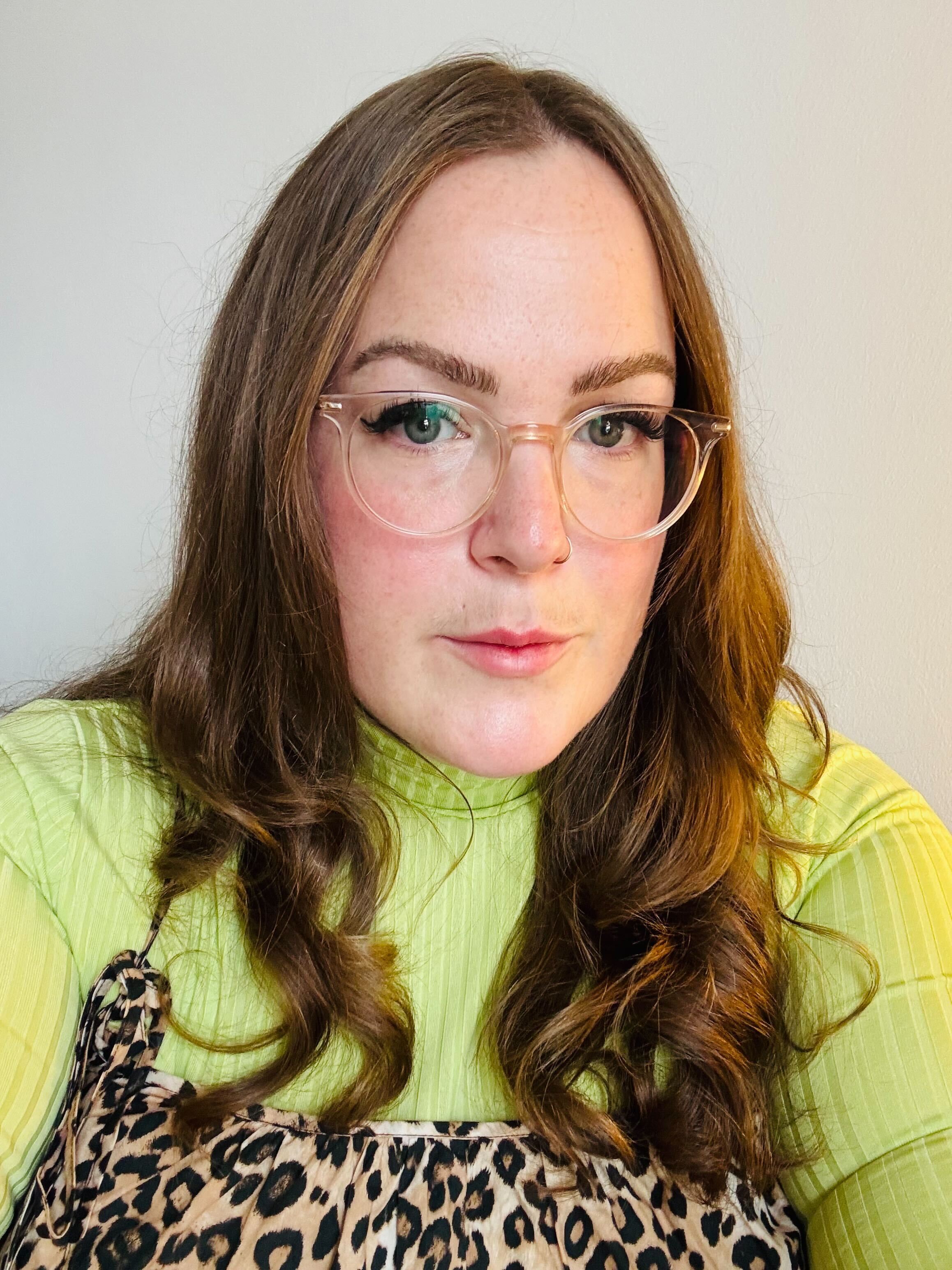Skin
Shaven-headed, bisexual, black: Skunk Anansie’s lead singer Skin didn’t so much break down barriers as kick them into submission. With a voice like an air-raid siren, she’s an utterly compelling live performer. And without Skin, 90s Brit-rock would have been a greyer, dustier, overwhelmingly less interesting proposition.
Stevie Nicks
Fleetwood Mac might have been the ultimate example of the right group of people getting together at exactly the right time, but for many it was Stevie Nicks’s smokey, sultry voice that provided the icing on an already tasty cake. A true American icon, and a songwriter of rare genius.
Heart
From revolutionary rockers in the 70s to AOR titans in the 80s, Heart’s Ann and Nancy Wilson have continued to plough a singularly unique furrow. Watching Ann reduce Robert Plant to tears with her Kennedy Centre performance of Stairway To Heaven in 2012 was one of the musical highlights of this decade.
Amy Lee
In 2003, Evanescence skyrocketed into the sun to become one of the hottest bands on the planet, thanks in no small part to the power and emotion of frontwoman Amy Lee. Her operatic prowess and soaring vocals set the five-piece apart from their peers, sending them into arenas across the globe. Debut album Fallen has now sold over 17 million copies.
The Slits
Punk legends The Slits were undeniably in charge, from their high octane live shows to the sleeve of debut album Cut, which pictured the band dressed only in loincloths and mud. Viv Albertine’s brilliant autobiography Clothes, Clothes, Clothes. Music, Music, Music. Boys, Boys, Boys is truer and more revealing than any number of predictable rock tell-it-alls.
Beth Ditto
Gossip bandleader Beth Ditto – the “fat, feminist lesbian from Arkansas” – opened the minds of thousands when she put herself on stage and said what the fuck she liked, did what the fuck she liked and wore what the fuck she liked, inspiring young women to be exactly who they were along the way. Her disregard for rules and expectations railed against a system which had been trying to tell women who they should be from its inception.
Debbie Harry
Debbie Harry is undeniably beautiful – but more importantly, she’s kooky, fierce, smart, untouchable, and the fearless leader of a band who grew from the scuzzy venues of New York Punk to dominate the glistening world of pop. More than 40 years on, Blondie are still making good albums and selling tickets. A true icon.
Reba Meyers
Unless you’ve been hiding under a very large rock on the surface of Neptune, you’ll no doubt be aware of Code Orange and their mission statement to absolutely fucking destroy everything in their path. Guitarist Reba Myers isn’t just a brutal chuggmonster, but her vocals on Bleeding In The Blur are astounding, helping to set Code Orange apart from the rest of the hardcore horde.
Chrissie Hynde
That voice. That style. Those songs. In an ever-changing world, Chrissie Hynde is what she always was: a writer of great tunes, a role model for any woman who wants to enter the music business without an iota of compromise, and a singer with a voice mere mortals would kill for.
Poly Styrene
Inspired by a Sex Pistols performance in 1976, X-Ray Spex frontwoman Poly Styrene (AKA Marianne Elliott-Said) decided to form a band of her own, and reset punk’s legacy in the process. Her vocal style – which spat scathingly about the world’s injustices while capitalising on her training as an opera singer – helped lay down the template for what eventually became the riot grrrl movement in the 1990s.
